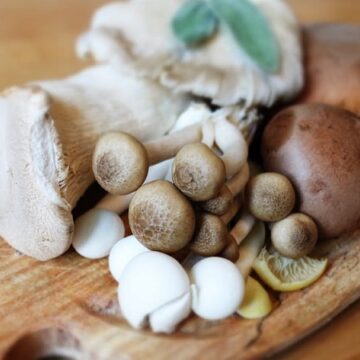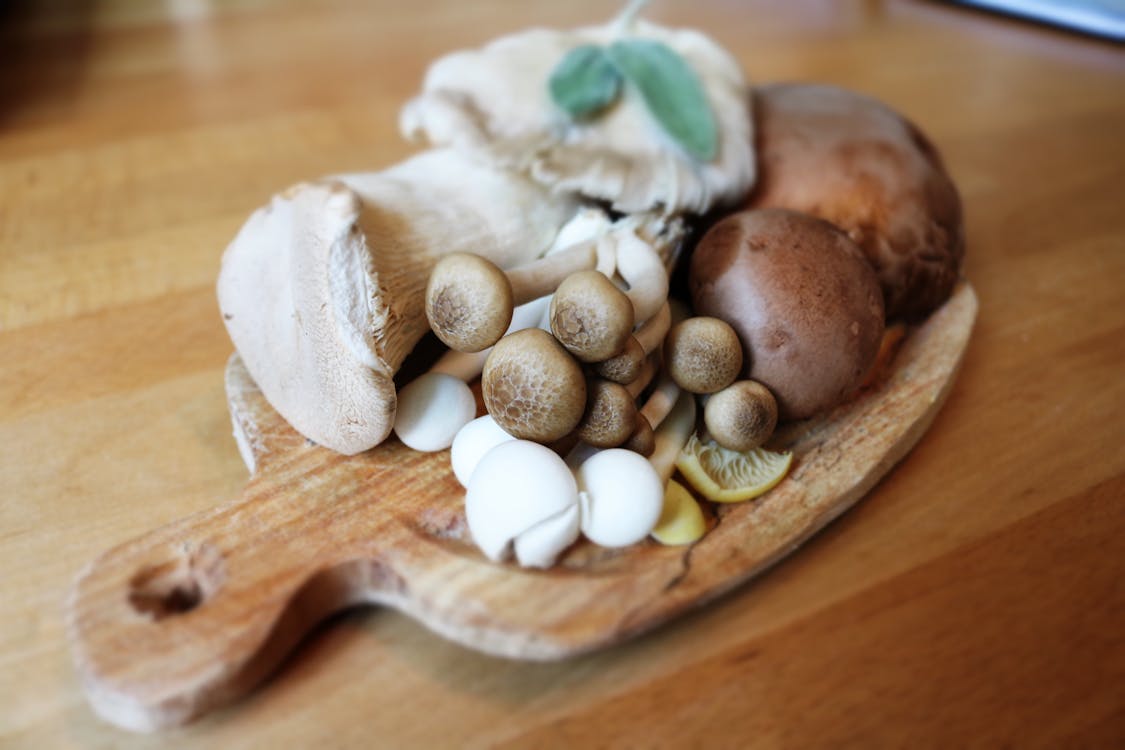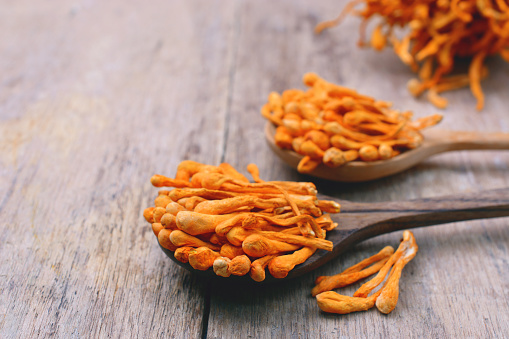
- Medicinal mushrooms are superfoods that have been gaining popularity for their countless health benefits.
- They can be consumed in many ways, such as in powder or capsule form, or as a dietary supplement.
- Mice studies have shown that mushrooms can help boost immunity, brain health, and heart health.
Medicinal mushrooms are edible fungi used in Eastern medicine for thousands of years for their beneficial health properties. These superfoods have been gaining even more popularity lately with functional medicine and holistic nutrition going mainstream.

Never meant to be eaten raw or whole, medicinal mushrooms are consumed in a variety of ways, including dietary supplements in powder, capsule, or liquid extract form.
Take note, however, that these mushrooms aren’t a heal-all. In fact, solid evidence for humans still needs further research because shroom studies are still new to Western medicine and have never been critically examined.
For this reason, just think of them more like helpers for your immune system or mini vaccines against stress, inflammation, and cancer.
Here are the top 6 medicinal mushrooms and what makes them so great.
Reishi

Dubbed as nature’s Xanax, this fungus is listed as the most cherished among the superior herbs that can help in weight loss, support the immune system and fight off cancer cells.
Its calming properties are what makes reishi unique. Thanks to the mood-boosting compound triterpene, it can ease anxiety and depression, enhance better sleep, help with healing, and sharpen focus.
Add a spoonful of reishi powder to a hot cup of tea or your favorite chocolate desserts.
Lion’s mane

Clear and supercharge your brain with a dose of lion’s mane. This antioxidant-rich mushroom furthers bioprotein nerve growth factor (NFG) and myelin production, both of which are vital to brain health. Small studies in mice have also shown that these mushrooms improve cognition, memory, concentration, and reduce anxiety and irritability.
Add a spoonful of lion’s mane on your yerba mate to enjoy an antioxidant-filled cup of energy and mental clarity.
Chaga

The rich antioxidant content of chaga mushrooms make them excellent candidates for fighting free radicals and inflammation. Most of the studies done on human cells and mice point to this black mushroom being good for preventing or slowing down cancer cell growth, warding off oxidative stress, and decreasing bad cholesterol or low-density lipoprotein (LDL).
Mix chaga powder with your morning smoothie or make a frothy chaga chai latte.
Shiitake

Shiitake have long been used as a food source and a supplement. They are known to improve heart health and lower bad cholesterol. Their phytonutrient contents, which help prevent plaque buildup in rats, maintain healthy blood pressure and enhance circulation.
To get that burst of umami flavor, add a spoonful of shiitake powder to your favorite recipes.
Turkey tail

Turkey tail contains the compound polysaccharide-K (PSK), an effective immune system stimulator approved in Japan as an anticancer prescription drug. Turkey tail has also been indicated to promote longevity in people with certain cancers, thwart leukemia cells, and improve the immune system of people receiving chemotherapy.
Add a spoonful of turkey tail to your smoothie, or try making some turkey tail ale.
Cordyceps

Known as energy and libido-boosting fungi, Cordyceps is recommended for improved physical and athletic performance. It can help the body efficiently use oxygen, encourage blood flow, and accelerate post-workout muscle recovery.
Add a spoonful of Cordyceps to your favorite pre- or post-workout meal for an energy boost or speedier recovery.
Takeaway
Before adding medicinal mushrooms to your diet, talk to your doctor first to make sure these are safe for you, especially if you’re pregnant or taking other medications. Do additional homework because some mushrooms can cause side effects, like allergies or an upset stomach.
Source: healthline
